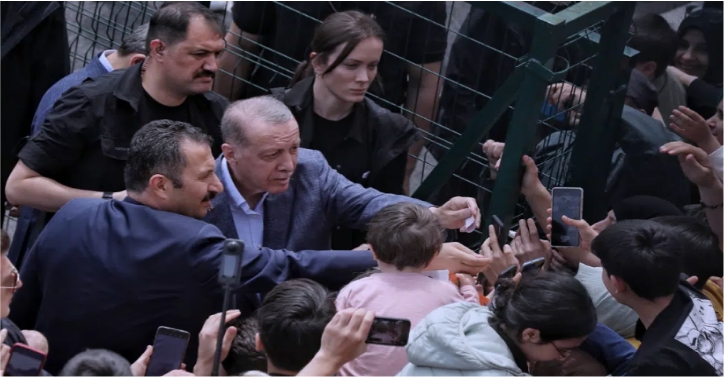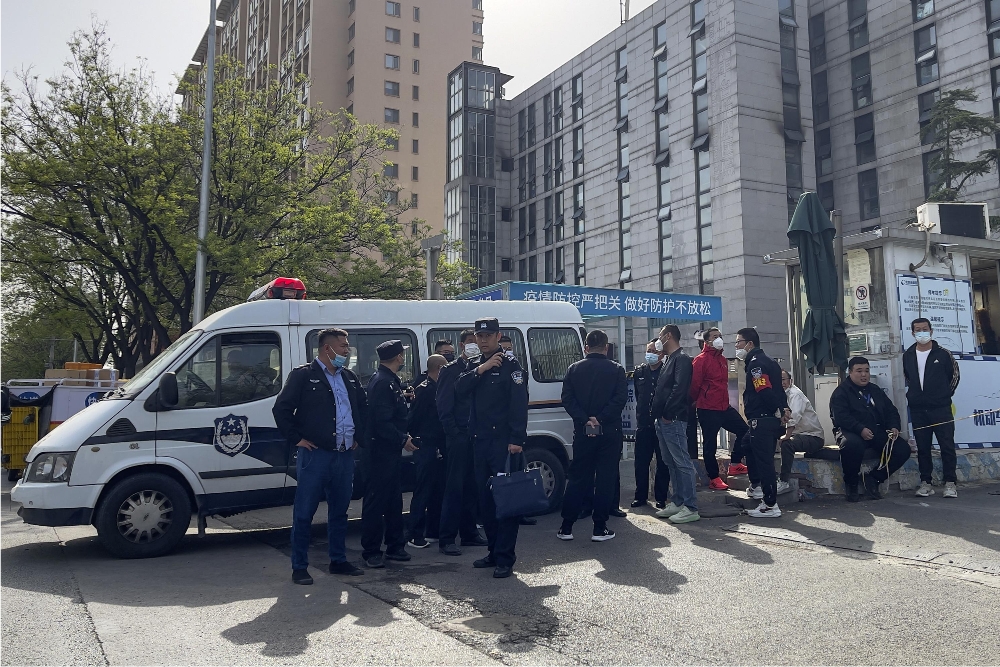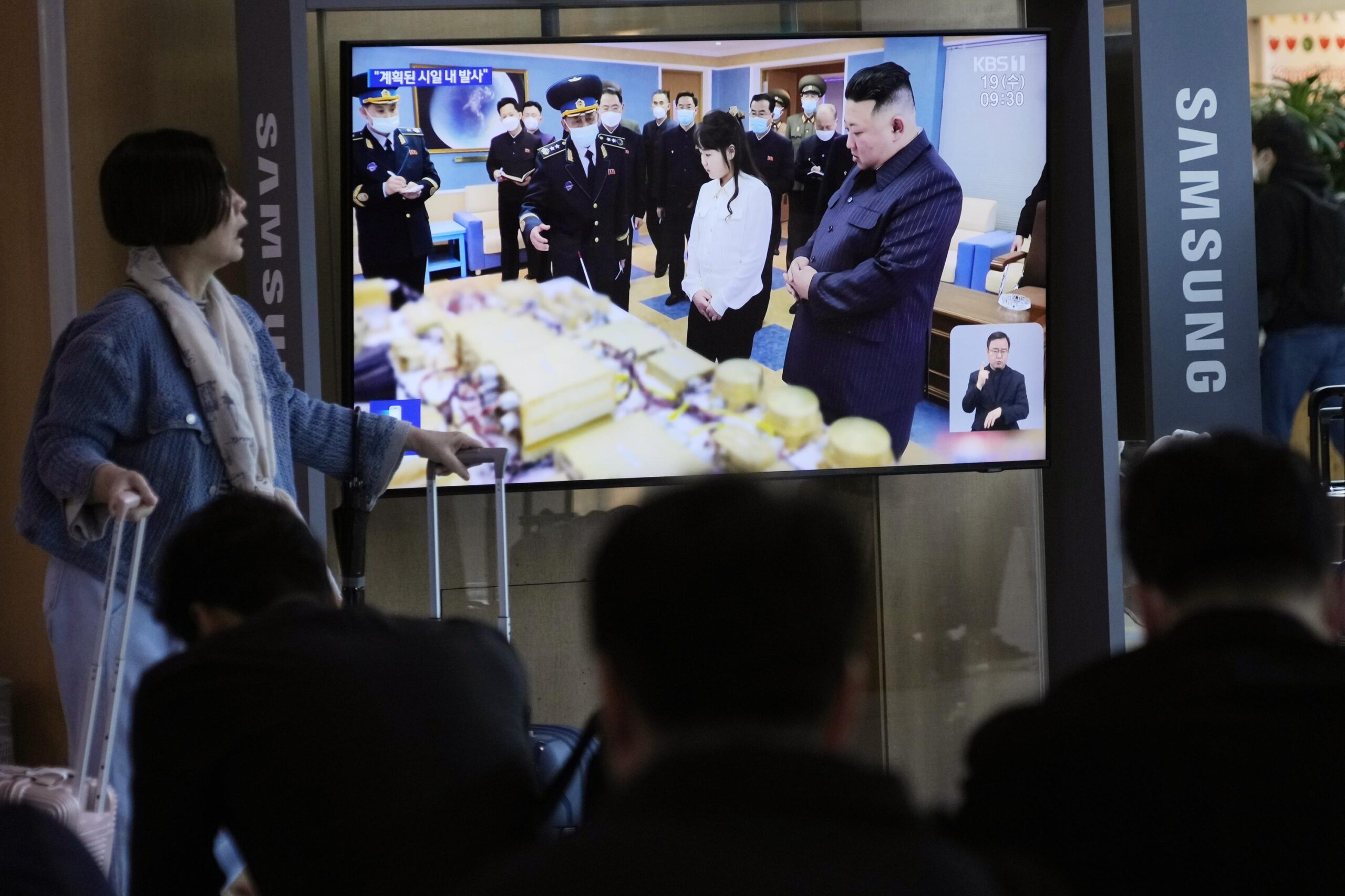A young boy wanders through the high grass, looking lost after attending church services in Kakata, Liberia.The child, Moses Kallie, wears a black T-shirt that’s too big for him. It reads “Trouble is my middle name.”
Trouble has certainly come into his life. He’s lost 13 of his relatives recently — his parents among them. They were all killed by Ebola. His village is a hotspot for the virus.
So far 1,578 people are believed to have died from Ebola in Liberia alone, according to the latest numbers from the World Health Organization. The country has seen a 52% of increases in cases in just the past three weeks.
That’s in large part because there is little or no outside medical help for residents who get sick there.
Searching for the answers: Can the world stop Ebola?
In Monrovia, the country’s crowded capital, doors to hospitals and clinics are shut tight, locked with thick padlocks. Many health care workers in West Africa have lost their lives due to the way the virus spreads — through contact with bodily fluids from those who are infected. On Monday, the World Health Organization urged the affected countries to give health care workers both the adequate security and safety equipment they need, as well as appropriate education and training on infection control.
A new Ebola clinic opened in Monrovia this week, but bodies lay on the ground outside its walls. Ambulances filled with Ebola patients, some that have traveled seven hours to get there, are not unloaded. Without help to get them inside, the patients fall in the dirt, mere feet away from treatment.
Without help, family members must care for these Ebola patients. And without the proper safety equipment, they too fall sick and Ebola continues to spread. The virus forces the local dead body management teams to work 12 hours a day, six days a week. All for a paycheck of $300 to $500 a month.
Why I became a human guinea pig for Ebola
Dressed from head to toe in white protective suits and thick goggles, the burial teams try to stay safe, but nothing can shield them from the unspeakable horrors they’ve seen when they make their regular rounds. On Friday, Kiyee described what he saw when he entered a home:
“I took the key and opened the door and went in and saw a 6-month-old child licking on the mother’s skin,” said Kiyee. The mother was lying on her stomach. She had died from Ebola. The baby was searching for the mother’s milk. “Right away I started shedding tears.”
WHO said on Monday the overall death toll in the Ebola outbreak has risen to 2,803 in the five countries at the heart of the epidemic: Sierra Leone, Liberia, Guinea, Nigeria and Senegal.
When people go out in public, they are encouraged to take whatever precautions they can. In Monrovia, people get their temperatures taken wherever they go — at the grocery store, the office and at church. A fever is one of the early symptoms of the disease.
At the little boy’s church in Kakata, the pastor is both practical and philosophical about Ebola. He has spent his career thinking deeply about death and what happens afterward.
When his congregation asked the Rev. Victor King if he’s afraid of death he said “No,” but “I don’t want to die from Ebola.”
Ebola outbreak: How to help
At his church, he’s called off the part of the service where congregation members shake hands. He tells them not to hug when they see each other, and no one takes communion wine from the same chalice any more. Many in his congregation were at first displeased when he ended that practice, he said. Communion is the high point of the church service and it is central to their tradition of worship.
But he believes the congregation, like many in Liberia, are starting to better understand the disease and how it spreads.
After services, the congregation files out the door and stops at a container the pastor has placed right outside.
The container looks like it should hold a sports drink. Instead, it contains bleach for them to wash their hands. To a person the congregation stops and takes their time to wash up thoroughly.
Anthony Kallah, a teacher, is one of them.
“We are all afraid,” Kallah said. “This is a threatening disease.”

















